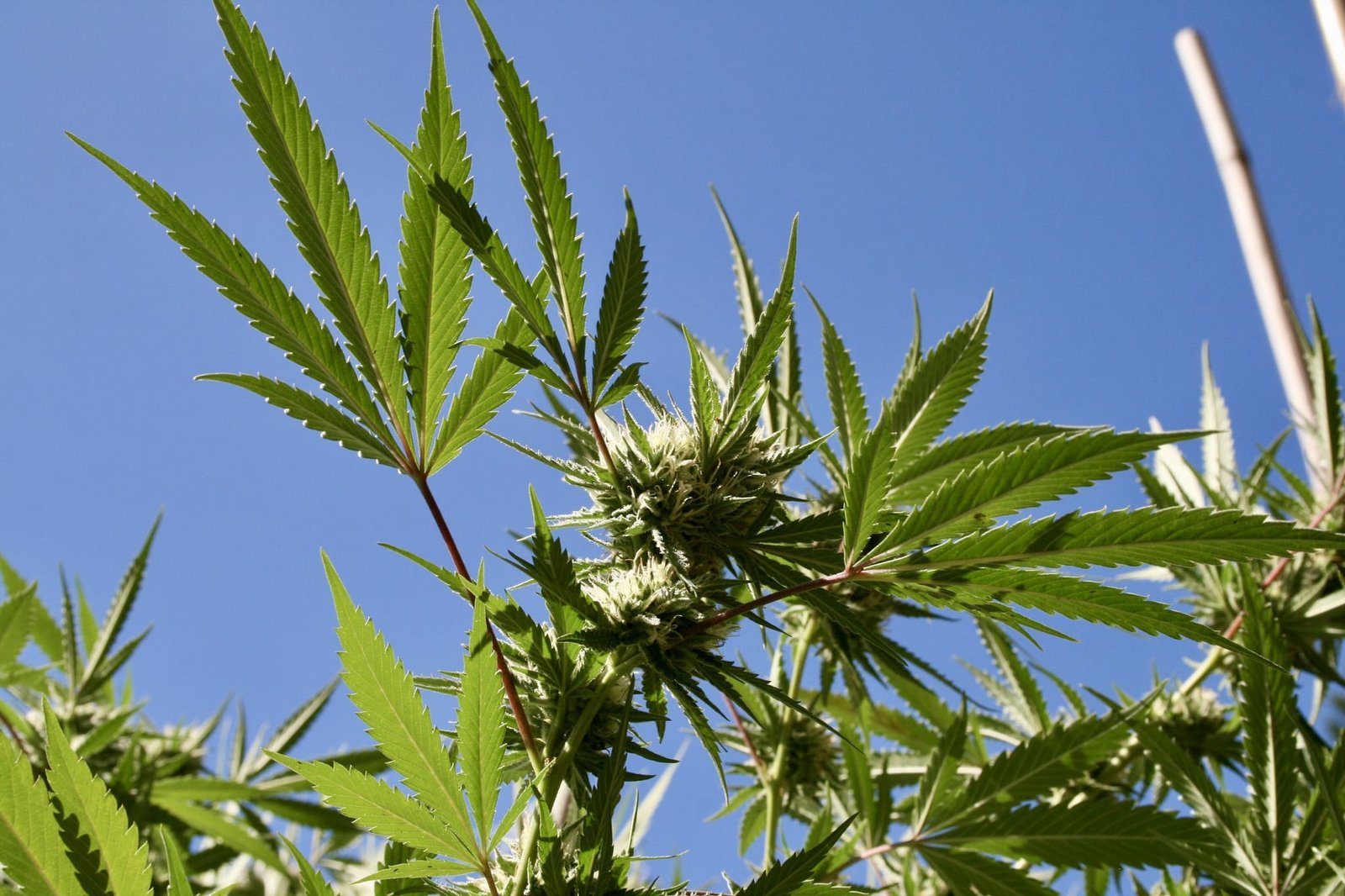NASHVILLE, Tenn. — Tennessee legislators have revised a bill aimed at regulating hemp products, such as gummies and hemp flower, moving the legislation forward, albeit with changes. According to Representative William Lamberth (R/Portland), the amended bill prohibits the sale of hemp products in convenience stores and grocery stores, stating, “I personally do not want to see in my community, weed being sold next to the eggs and the milk.”
Since its initial introduction in February, the bill has progressed rapidly through both the Senate and House. The latest amendments introduce several new regulations for the hemp industry. These include a ban on synthetic hemp and a prohibition on advertising hemp products as cures for any medical conditions. Additionally, direct shipping of hemp products to consumers would become illegal.
Enforcement of these regulations would fall under the jurisdiction of the Alcoholic Beverage Commission (ABC), which currently oversees the regulation of alcoholic beverages. “Those are the folks who already regulate intoxicating liquors, intoxicating substances,” Lamberth explained.
Supporters of the bill argue that new labeling requirements will assist law enforcement in distinguishing between legal and illegal hemp products. This development follows a one-million-dollar lawsuit filed in Spring Hill last year after law enforcement seized legally sold hemp products, mistakenly believing they were marijuana. Sam Oechslin, CEO of SAK Wholesale and Old School Vapor, remarked, “It seemed like they thought they happened upon a ton of marijuana.”
Some local business owners express concern that the bill could negatively impact Tennessee’s economy. Rodney Croteau, owner of Green Daisy in Franklin, stated, “Targeting that only impacts us with our family business and shops, but consumers are the ones losing in this, and the agricultural industry has been decimated in this state for hemp.” He highlighted that the current regulatory environment has made it increasingly difficult for farmers to cultivate hemp legally in Tennessee over the past several years.
Croteau further explained that his business relies heavily on the sale of THCA flower, which comprises a significant portion of revenue. He emphasized the emotional toll of the ongoing legislative uncertainty, saying, “We know we are doing the right thing for the right reasons, and we think it will work out, but yeah, we lose sleep every night. Our entire lives are invested in this business, and we are watching it slowly get eroded and washed away.”
If passed, the new regulations are set to take effect on January 1 of the following year.


